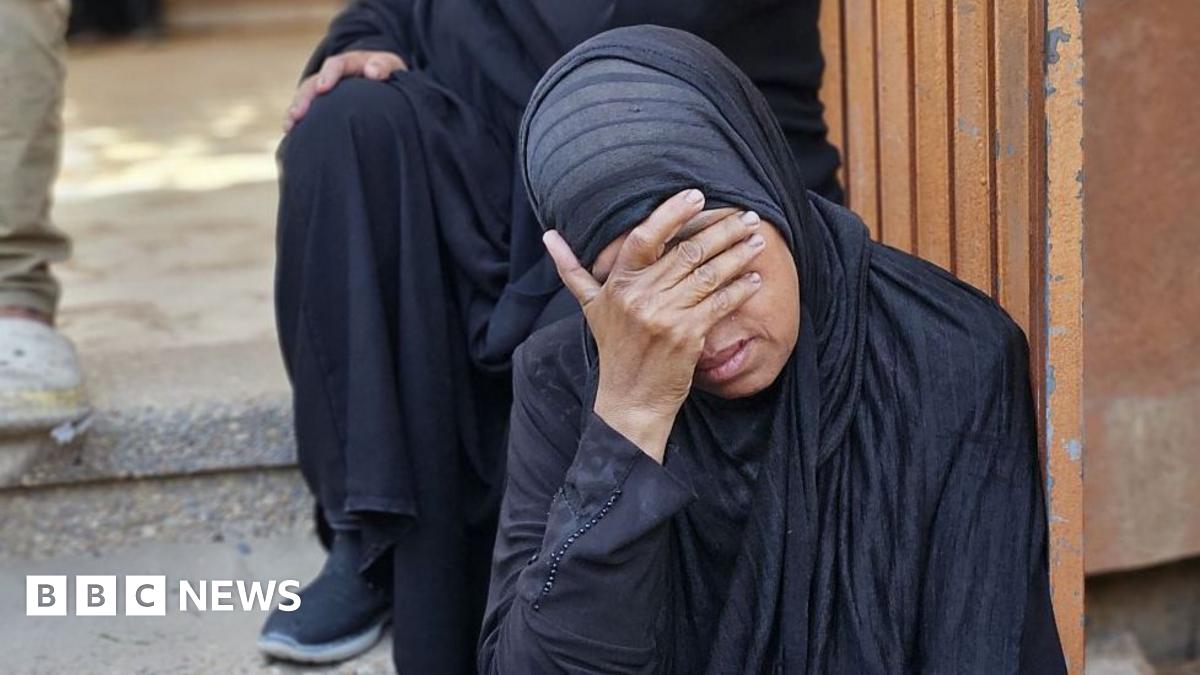Fiji Teacher Sounds Alarm: Overwhelmed Mentors Can't Cope with Student Mental Health Needs

Growing Concerns Over Student Wellbeing in Fiji Schools
A dedicated teacher from William Cross College in Nasinu is raising serious concerns about the escalating mental health crisis among Fijian students. Uwate Vakaloloma, speaking during recent consultations regarding the Education Act 1966, highlighted a critical gap in support systems within schools, arguing that the current structure is failing to adequately address students' emotional and psychological needs.
Vakaloloma's warning comes at a time when mental health issues, particularly among young people, are gaining increasing recognition globally. In Fiji, the pressures of academic performance, social expectations, and economic uncertainties are contributing to a rise in anxiety, depression, and other mental health challenges. The existing system, designed to provide mentorship and guidance to students, is struggling to keep pace with the growing demand.
The Mentor System: Stretched Too Thin
The crux of Vakaloloma's concern lies in the current mentor system. Under the existing framework, a single mentor is responsible for overseeing the wellbeing of students across more than six schools. This staggering workload effectively prevents mentors from providing the individualized attention and proactive support that students need. “It’s simply not sustainable,” Vakaloloma stated. “One mentor trying to manage that many students is a recipe for burnout, both for the mentor and for the students who are not receiving the support they deserve.”
The lack of dedicated resources and manageable caseloads means mentors are often reactive rather than proactive, addressing issues after they escalate rather than preventing them. This reactive approach is detrimental to early intervention and can lead to more serious mental health complications down the line.
Calls for Urgent Reform
Vakaloloma’s plea for reform is echoed by educators and parents who have witnessed firsthand the impact of inadequate mental health support. There is a growing consensus that the Education Act 1966 needs to be updated to reflect the current realities and address the evolving needs of students.
Key areas for improvement include:
- Reducing Mentor-to-Student Ratios: A more manageable ratio would allow mentors to build stronger relationships with students and provide more personalized support.
- Providing Comprehensive Training: Equipping mentors with the skills and knowledge to identify and respond to mental health concerns is crucial.
- Increasing Access to Mental Health Professionals: Schools should have access to qualified counselors and psychologists who can provide specialized support.
- Raising Awareness: Promoting mental health awareness among students, teachers, and parents can help reduce stigma and encourage help-seeking behavior.
Investing in Our Future
Addressing the student mental health crisis is not just a matter of providing support; it’s an investment in the future of Fiji. Healthy, well-adjusted students are more likely to succeed academically, contribute positively to their communities, and become productive citizens. By prioritizing student wellbeing and reforming the education system, Fiji can ensure a brighter future for all its young people.
The consultations on the Education Act 1966 represent a crucial opportunity to make meaningful change. It is imperative that policymakers listen to the concerns of educators like Vakaloloma and take decisive action to address this pressing issue.






